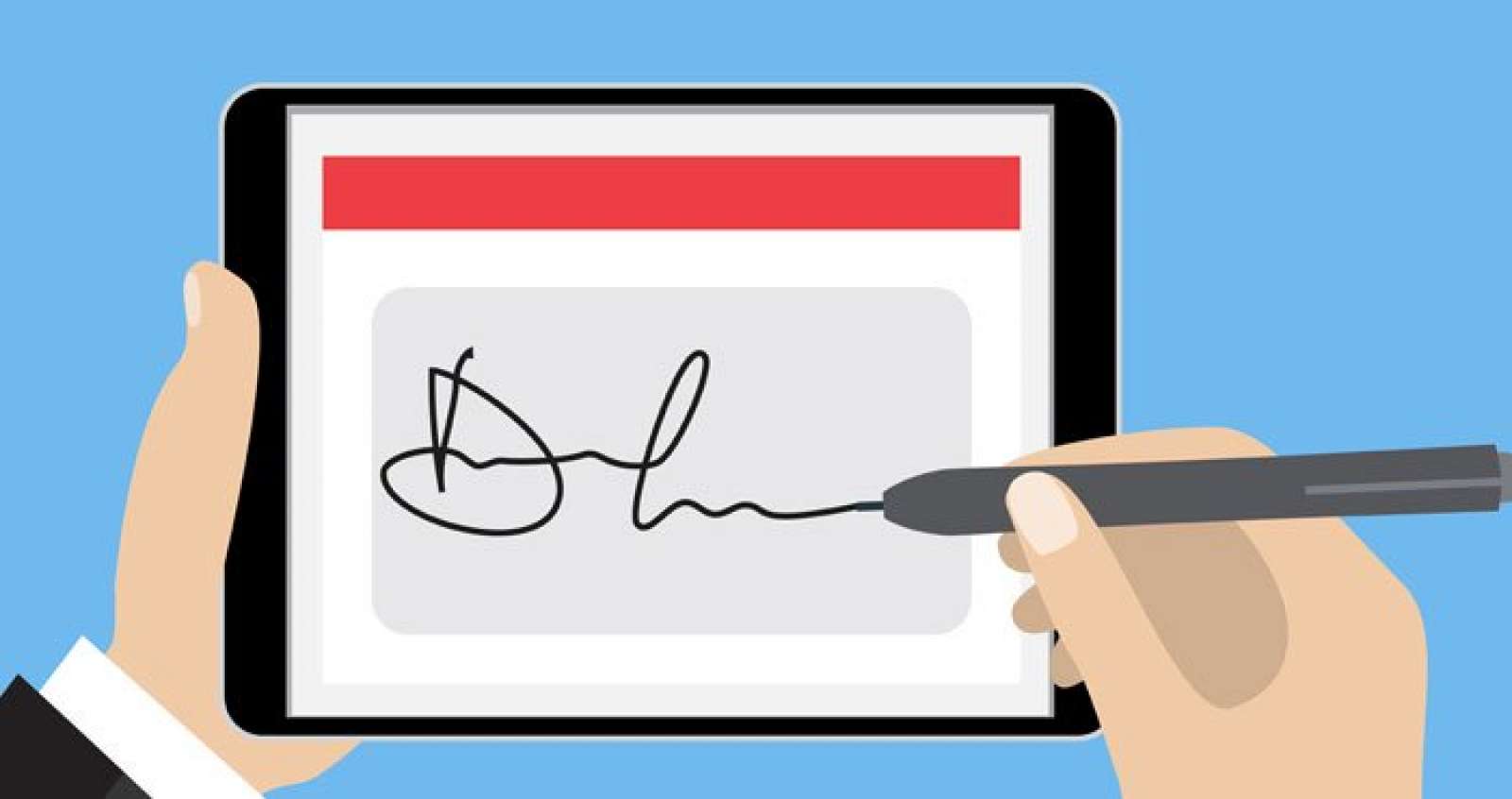The COVID-19 pandemic and “social distancing” is truly the one, and possibly the only, topic of discussion now. It blankets the news, all conversation, and of course your Facebook feed. The impact on society is undoubtedly one for the history books. The societal and economic impacts of this pandemic are still only in their infancy.
That being said, certain aspects of life must still move forward. Wheels in motion before and during this pandemic will not all screech to a halt. The necessity for real estate closings, and execution of contracts (just think about how many of these have been signed for toilet paper in the past two months) and estate planning documents do not disappear when times are tough.
Luckily, there are several alternatives to traditional face-to-face signing. Electronic signatures are available and generally, if done correctly and agreed to by the parties, can be just as legally binding as traditional document executed via a “wet” signature (pen on paper). SDCL § 53-12 addresses the requirements for the use of and enforceability of electronic signatures in South Dakota. A vast majority of purchase agreements for real estate, inventory, and all other items may be legally executed via electronic signature service platforms such as DocuSign, if the parties agree to the use of electronic signatures. The ability to sign a document and send a scanned copy is also a widely used means of document signing. You can in fact sign a purchase agreement for a $1,000,000 home with an electronic signature.
The paramount bump in the road to transacting business while social distancing is when a document needs to be notarized and/or witnessed. This is of particular importance in real estate closings and estate planning. Many of these documents specifically still require a wet signature under South Dakota law. Deeds, mortgages, and other documents to be recorded at your county’s Register of Deeds generally require wet signatures in the presence of a notary.
A new notarial statute, SDCL § 18-1-11.1, was passed by our legislature in 2019 to provide for “remote” notarial acts. This is a halfway step between the traditional notary process and remote online notarization (RON), which will be discussed below. Pursuant to this statute, an individual may execute a document while a notary is viewing the signing over Facetime, Skype, or another type of video or webcam service. In order to use this process, the notary is required to have “personal knowledge of the identity of [the signing] person through dealings sufficient to provide reasonable certainty that the person has the identity being claimed.” SDCL § 18-1-11.1(1). The signatory then delivers the original document to the notary, who completes the notarization by signing and sealing the document.
RON, if available in South Dakota, would present a signatory and notary public with the ability to absolutely maintain social distancing in transactions. RON is a fully digitized document signing experience, where both the signatory of the document and notary appear via webcam through an intermediary service for execution. The service remotely verifies the identities of the parties. The signatory electronically signs the document and the notary places an electronic notary seal/stamp on the document. The electronic document is then ready for recording in states that allow for such recording. It is not a stretch of the imagination, and it is certainly a hope, that our legislature will consider legislation to allow for RON and the recording of electronic signatures in its special session to be held this June.
Estate planning documents present a special challenge – the need for witnesses to the signing in addition to the notary. Law firms are working with clients to meet legal requirements for execution while still maintaining social distancing recommendations.
Title Companies are implementing curbside closings, Zoom closings, even hybrid “at-home” closings (documents are delivered electronically or physically for signing at home) or clients may come to a sterilized closing office for necessary in-person signing, all in order to limit human contact and maintain social distancing. The intent is to have the bare minimum number of people present at the closing table, if any at all. In certain situations you may be alone in the closing room speaking to your closing agent on an iPad. If you are in a room with a person, you will oftentimes find a plexiglass shield separating you and anyone else, with only a small slot on the bottom to pass documents back and forth. Many transactions, even prior to the COVID-19 pandemic, do not require either party to attend closing if documents can be signed and transmitted ahead of time.
So far, options are still available for executing documents needed for your real estate closing, lease agreement signing, or for updating your will and estate plan while maintaining social distancing and keeping you and your family safe. The wheels in motion of your life do not have to come to a halt. You have options available to you to maintain some semblance of normalcy for yourself and your business in this uncertain time. The attorneys at Lynn Jackson are available to answer your questions and guide you through the process.
